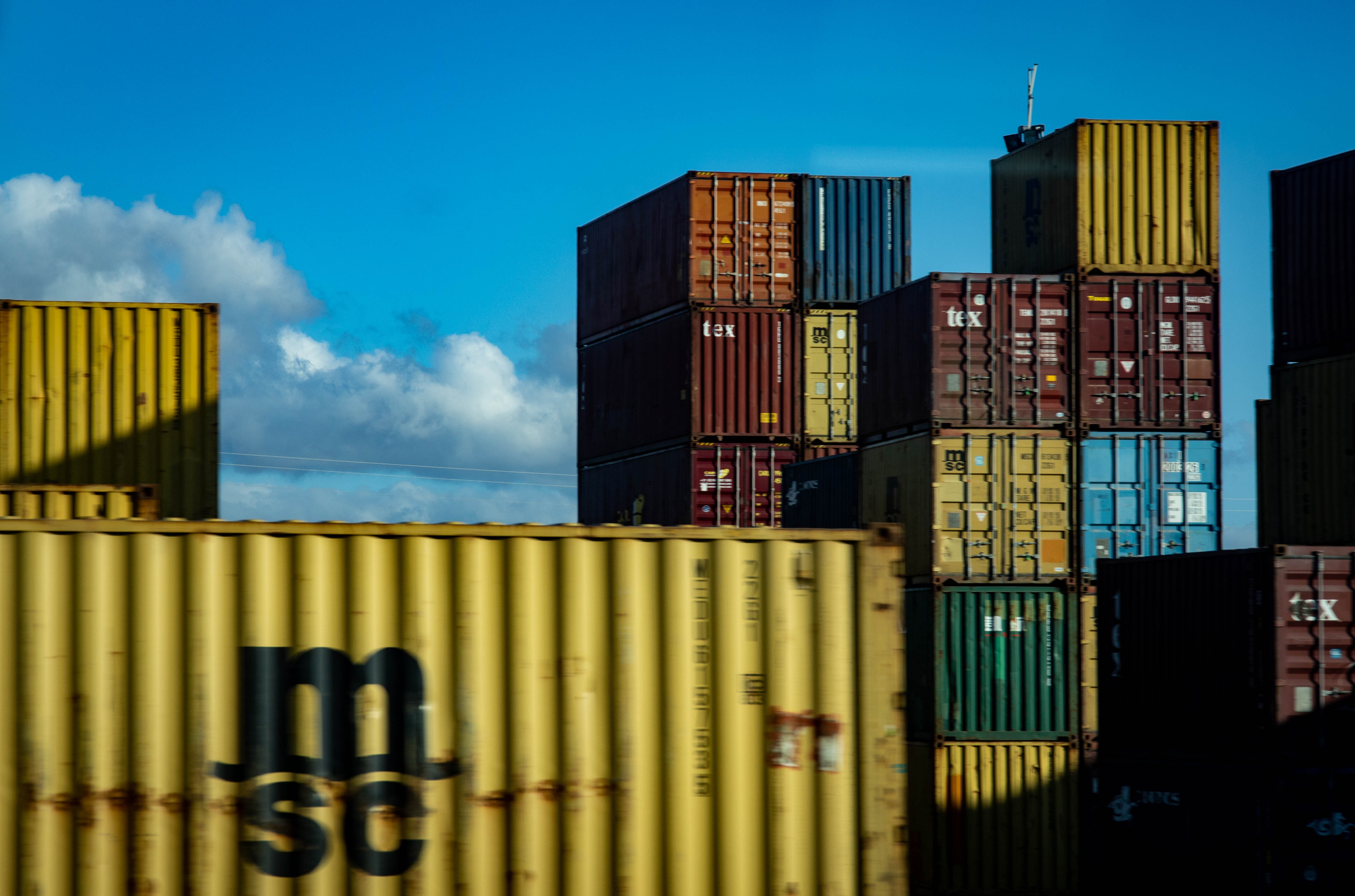We talk a lot about trying to make the bike industry green. The problem is that no matter what we do in terms of mechanical and material changes it doesn’t solve the underlying problems. To really make a substantial difference we don’t just need to change what we produce but also how we produce.
That’s why we need to change how we look at growth. Our current models overvalue the idea of economic growth. We view growth as good no matter the sector or the benefits of growing an industry. The truth is it’s a lot more complicated than that.
Growth in different sectors is measured equally but the outcome of those sectors growth is not equal. Since we look at growth as total production “producing $100 worth of teargas and machine guns is worth exactly the same as producing $100 worth of education and healthcare”. But the growth in education and healthcare is much more useful to society.
Excess growth becomes a real problem for the environment. More energy and resources are used to produce more goods without any real benefit to society. The only solution we really have is to limit growth to what is necessary and degrow industry when we’ve over reached our limit. Over production is one of the major causes of climate change and it’s mainly caused by an obsession with growth that exists in our current economic models.
Degrowth In The Cycling Industry
I know it seems like scaling back production in the bike industry is a bad idea. With the lead times that retailers can face surely we should be upping production. But there has been excessive production for us too. While we can do our best to make all of that production green, the fact of the matter is that excessive production, even at its most sustainable, is not green.
One of the ways we experience excessive production is through high MOQs. If there is a high minimum order quantity it drives up the amount of production. This is especially true for smaller business or less popular bikes which might have trouble moving. By swapping to lower MOQs the industry is able to scale production at a much more realistic level.
Higher MOQs are tied to another issue in the industry. Offshore manufacturing. Currently most bikes are being assembled in Taiwan. That leads to massive production in one area and very little anywhere else. This is starting to change as more companies are reshoring production but for now it still stands. This affects MOQs as you often need to fill a 40 foot shipping container to make it worth the wait in lead times.
This centralised production also suffers from a growth problem. Not so much an excess of production but a struggle to keep up with the growth of the industry. It seems a little contradictory to talk about excess production and a struggle to keep up with demands at the same time I know. But these are problems of scale. For the retailer they need to import an excess whereas excess industry growth affects manufacturers. The solution as far as I see it is
decentralised production through reshoring efforts. This is happening but not on a wide or fast enough scale. Reshoring offers lower MOQs and a much smaller industry to cater for.
Why The Cycling Industry Needs To Grow
It’s another contradiction I know but hear me out. The problem isn’t with growth, it’s with excessive growth. By reshoring and growing domestic industry rather than offshoring production to a centralised manufacturing industry we help to limit the growth of the industry.
Again it’s about scale. One area manufacturing most of the worlds bikes is much less manageable than many areas managing their own production needs. It allows for smaller MOQ’s it allows for lower energy usage and stricter controls on the type of energy usage and it limits indirect emissions and energy consumption too.
If we restructure the industry to operate like this we have room to grow. In fact it’s important we do. Think about the machine guns vs. healthcare production example. You wouldn’t shrink production of healthcare supplies because the relative good it does considering it’s resource consumption is good. Whereas machine gun production has much less value compared to the same resource consumption.
Electric bikes have more environmental benefits for the resources consumed than cars, or even electric cars. So when you look at sustainability it makes sense to grow the electric bike industry while shrinking the automotive industry. Now admittedly that’s not just going to shrink because we want it to, but by providing people with a viable alternative to driving we can encourage biking over driving.
The thing is, this only makes sense to do if we have the ability to degrow the bike industry. At the moment the industry isn’t green so growing it doesn’t produce a net good. We need to shrink the current industry in order to regrow a better one that is actually sustainable. If you’re interested in moving your production and growing domestic industry responsibly contact us.



